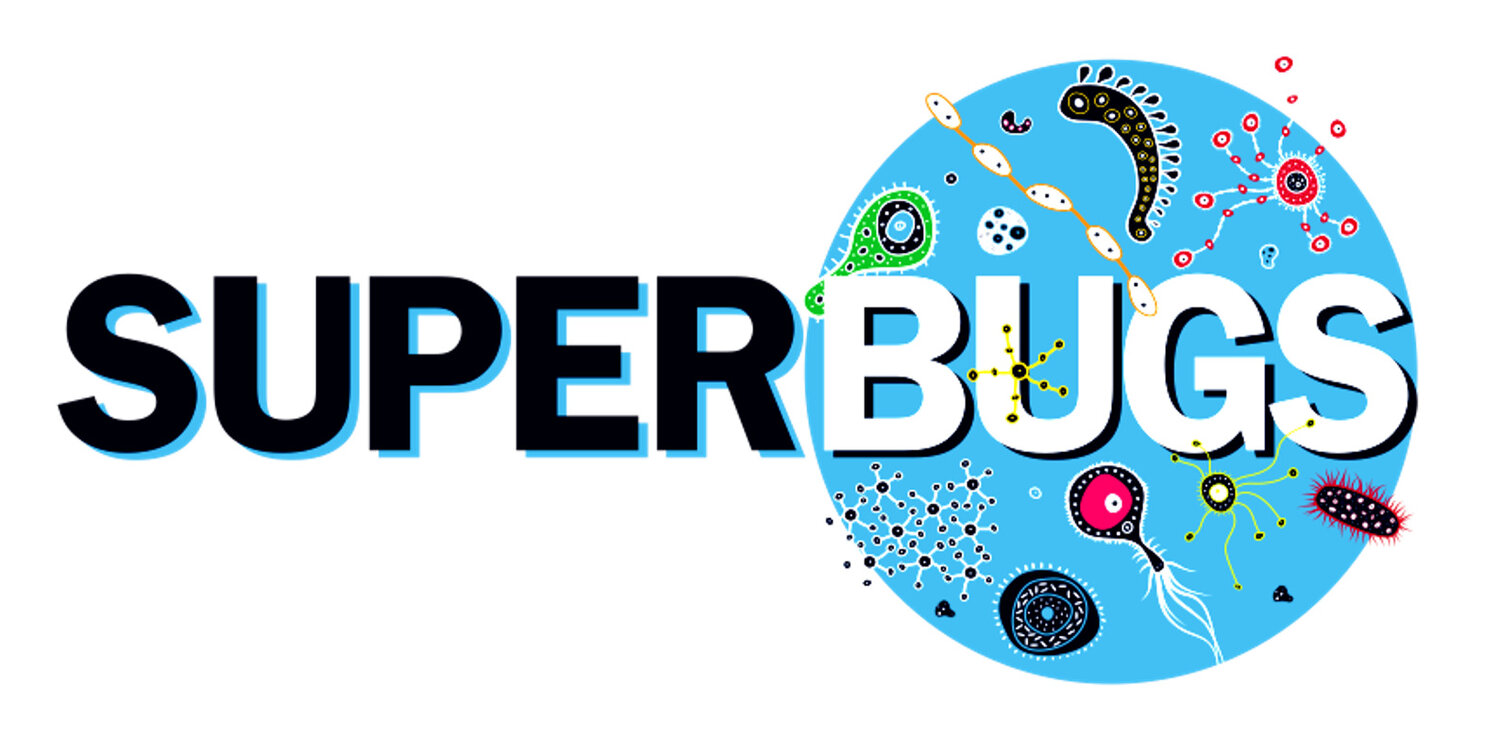Ready to launch 🇬🇧🏴🏴🇮🇪
An educational website to raise awareness and increase our understanding of the microbial world in, on and around us. Available in English, Welsh, Irish and Scottish Gaelic.
Designed and developed with primary and secondary school teachers across Wales, Superbugs is a free resource that can be used by pupils aged 5-16 in the classroom or at home.
The project was inspired by our successful delivery of the ‘Superbugs: A Pop-up Science Shop’ event in Cardiff’s St David’s Centre, which attracted around 6,600 visitors over the course of two weeks during the 2019 summer holidays.
The content and underlying ambition of Superbugs fully support the four purposes of the new Curriculum for Wales and is relevant to all six areas of learning and experience.
The website is easy to use and has a variety of features including quizzes, downloadable PDFs, animations, videos, illustrated stories, interactive timelines, games, and protocols for home experiments.
All materials are presented in a non-prescriptive way, aimed at allowing flexibility for the materials to be adapted to the individual needs of teachers and pupils alike. You can also use the website to find information about upcoming science events and opportunities in the UK.
Topics
• Introduction to life, evolution and bacteria
• Infection, commensals and microbes in the environment
• Diseases, antibiotics and antibiotic resistance
• How vaccines work
7 ways to use Superbugs
Ask pupils to freely explore the website content for a limited period of time (15-30 min) and report back to you This could be assigned as homework with pupils presenting 2-3 interesting points as ‘fun facts’ to their peers in the next lesson.
Use ‘The Reading Corner’ to explore the history of scientific discoveries and the people behind those discoveries, to combine science and history or science and literacy. Ask pupils to read a story (15- 30 min) and discuss in pairs or groups.
Guide pupils through ‘The Adventure Trail’ (1-3 lessons). A potential project assignment could be to ask pupils to present a certain topic as a poster, such as what is antibiotic resistance or how do vaccines work?
For younger pupils, download and print our bacteria colouring sheets.
Help pupils conduct an experiment from our selection of protocols (1-3 lessons), for example, preparing their own agar plates and swabbing themselves or their environment. This could include a presentation of the findings to the class and/or sharing results with the Superbugs team.
Allow pupils to have free play of our selection of games, all of which have a scientific context but at the same time do not require a deep understanding of the underlying science.
As part of a career day or science lesson, show pupils the ‘Being a Scientist’ page to explore the different roles of people working in science and what inspired them to choose their careers. For bespoke events, this can be accompanied by a live channel where pupils meet scientists for live demonstrations, lab tours and Q&A sessions.
Contact Us
superbugs@cardiff.ac.uk








